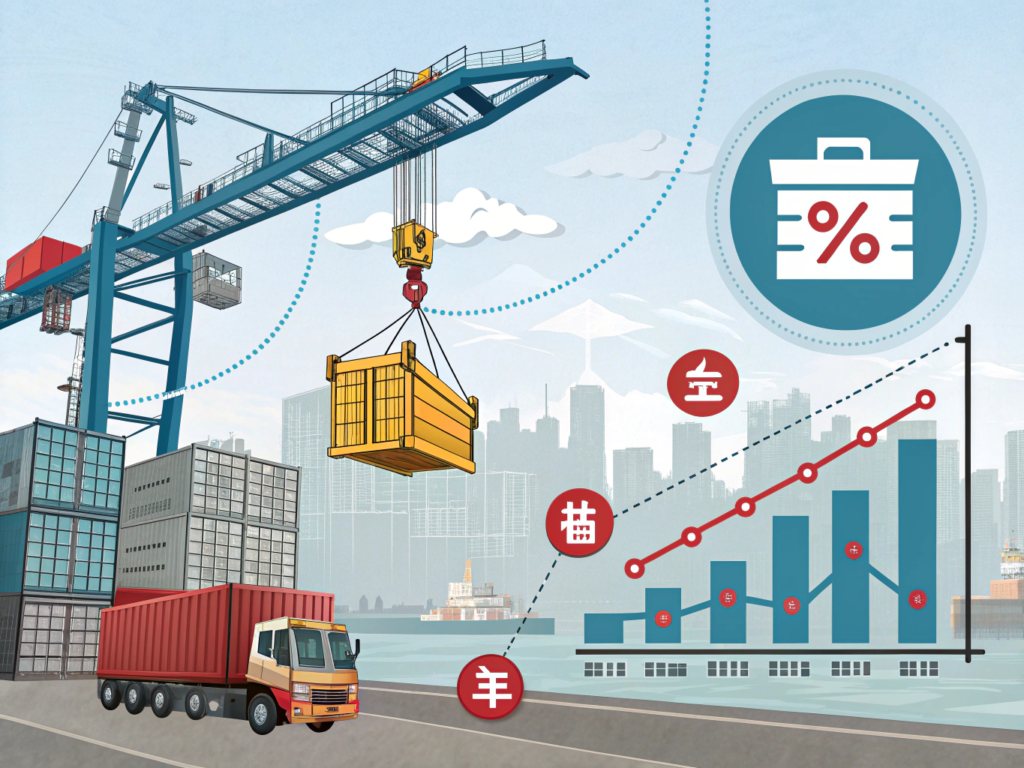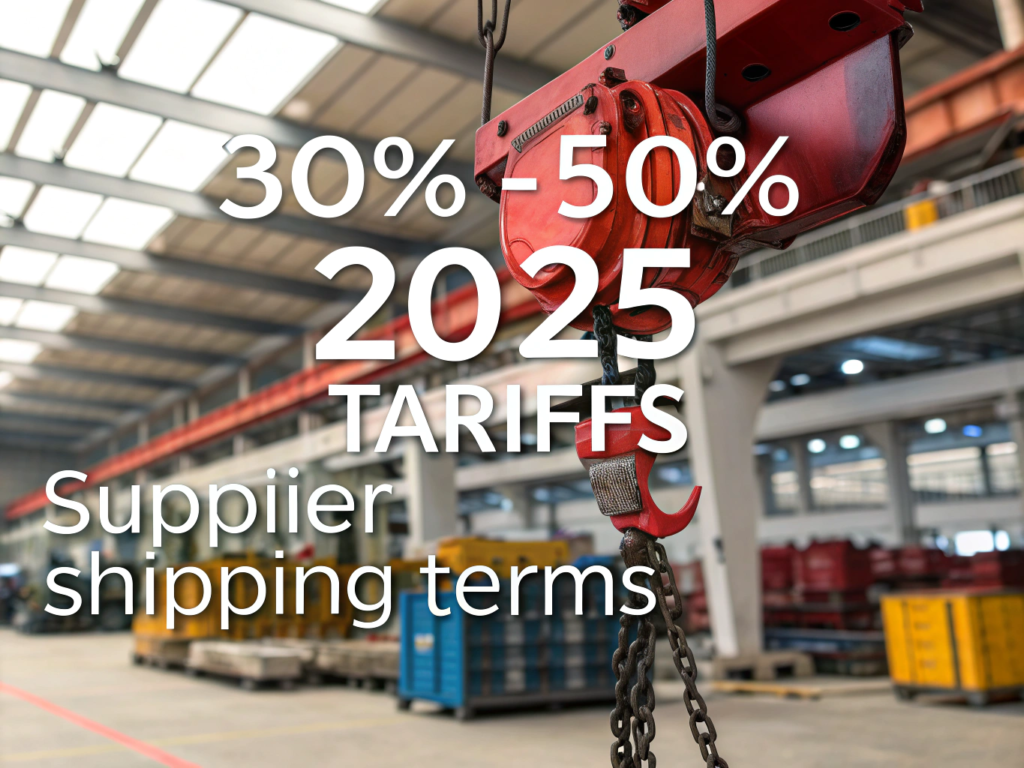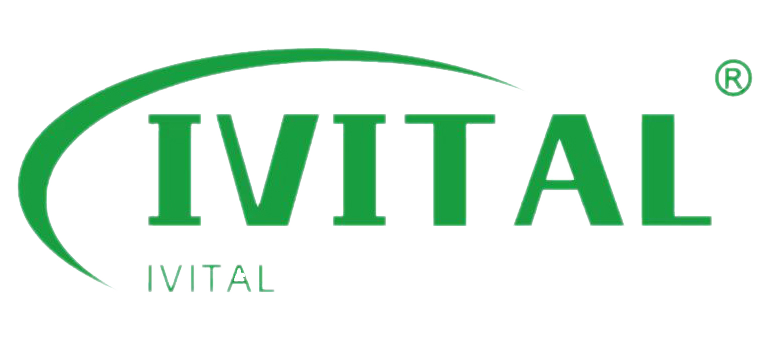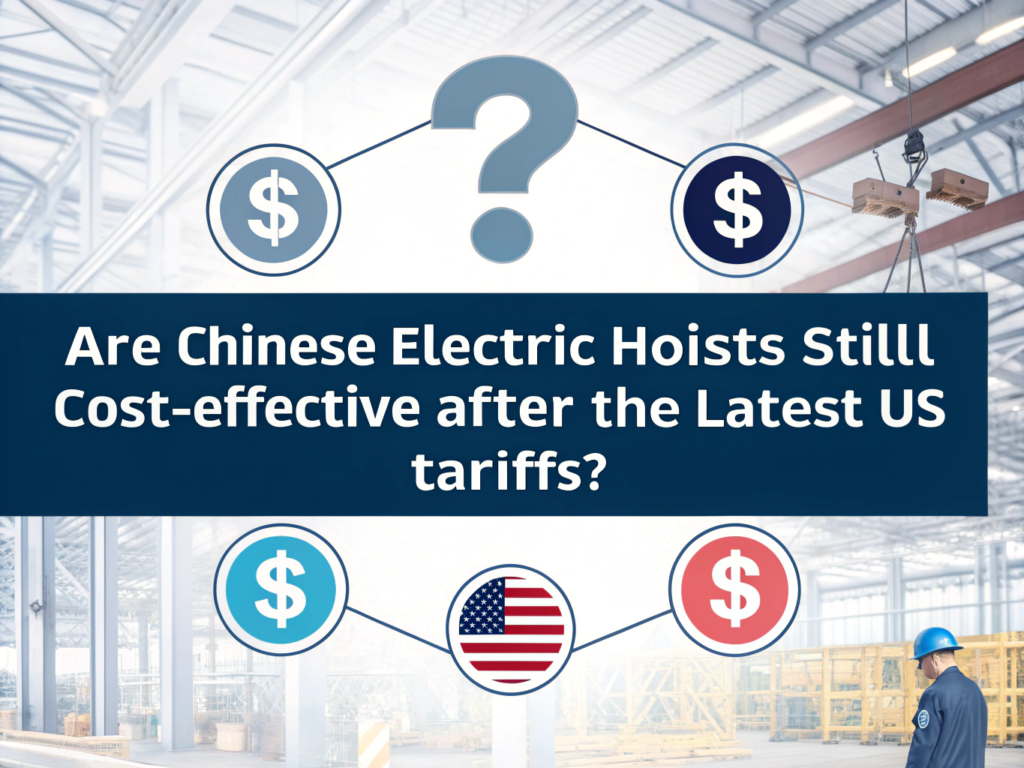Many of us used to buy Chinese hoists because they were cheap. But now, with the new U.S. tariffs, things are changing fast.
Even after tariffs of up to 54%, Chinese hoists can still be cost-effective—thanks to their lower base price and wide availability—but buyers must now compare options more carefully.
Not long ago, I ordered electric hoists from Guangdong without thinking twice. Now, I check Vietnam and Mexico before I decide. Let’s walk through the real numbers and choices.
[Table of contents]
- What is the current tariff rate on Chinese electric hoists?
- How have electric hoist prices changed since the tariff hike?
- Is Chinese equipment still cheap in 2025?
- What’s the impact of importing Chinese-made equipment on margins?
- Are there viable alternatives to Chinese electric hoists?
- How does the removal of the de minimis exemption affect small importers?
What is the current tariff rate on Chinese electric hoists?
Tariffs keep changing, so knowing the exact rate helps us plan smarter.
Right now, most Chinese hoists face a combined tariff of up to 54%—including the base 25% Section 301 tariff plus new additions in 2025.

Dive Deeper: A Breakdown of Tariff Layers
| Tariff Type | Rate | Applies To |
|---|---|---|
| Section 301 | 25% | Most industrial imports |
| New 2025 Increase | +10–29% | Electronics, lifting gear |
| Total Combined | Up to 54% | Final landed cost |
These rates apply before freight and inland fees. For a $500 hoist, the new cost could be $770 or more.
How have electric hoist prices changed since the tariff hike?
It’s no secret—costs are going up.
Chinese hoists have increased in total price by 30%–50% due to the 2025 tariffs, depending on the supplier and shipping terms.

Dive Deeper: Real Cost Scenarios from B2B Platforms
I compared Alibaba listings from 2023 to now:
| Year | Base Price (USD) | Landed Cost After Tariff |
|---|---|---|
| 2023 | $420 | ~$450 (low/no tariff) |
| 2025 | $430 | ~$660 (with 54% tariff) |
Despite rising costs, some suppliers now bundle shipping or offer bulk discounts to stay competitive. That’s where negotiation matters.
Is Chinese equipment still cheap in 2025?
Cheap doesn’t just mean price. It also means value.
Yes, many Chinese hoists still offer a better price-to-performance ratio than global competitors—especially in bulk orders.
Dive Deeper: Value Beyond Numbers
Some Chinese suppliers, especially those like IVITAL, provide better materials (like G80-grade chain) and optional features at no extra cost. That’s hard to beat.
But you have to watch for inconsistencies. One brand might deliver great quality, while another cuts corners. That’s why supplier reputation now matters more than ever.
What’s the impact of importing Chinese-made equipment on margins?
Margins are tighter, but smart buying still leaves room for profit.
Most resellers and contractors now report a 10%–15% margin drop on Chinese hoists, depending on volume.
Dive Deeper: Margin Math from a Supplier’s Perspective
For example, if I buy 20 hoists at $500 and tariffs push my cost to $660 each, that’s $3,200 more than before. If I can’t raise my price to clients, that’s profit gone.
I now look for consolidated shipments, or bundle hoists with other equipment like slings or shackles to save on freight.
Are there viable alternatives to Chinese electric hoists?
Yes—and more buyers are trying them out.
Vietnam, India, and Mexico now offer electric hoists that are close in cost to China after tariffs, and sometimes better in shipping time.
Dive Deeper: Comparing Global Options
| Country | Average Base Cost | Tariffs | Freight Time | Quality Notes |
|---|---|---|---|---|
| China | $420 | 35–54% | 30–45 days | Best selection, risky QC |
| Vietnam | $450 | 10–20% | 25–30 days | Decent quality, fewer SKUs |
| India | $460 | 15–25% | 20–25 days | Gaining traction |
| Mexico | $500 | 5–15% | 7–14 days | Fastest delivery |
If delivery time is critical, Mexico often wins—especially for emergency replacements.
How does the removal of the de minimis exemption affect small importers?
The game just got harder for small businesses.
Starting May 2, 2025, items from China under $800 will no longer qualify for duty-free import into the U.S.
Dive Deeper: What This Means for Dropshippers and Solo Buyers
Before this change, I used to test new products by importing 1–2 units per supplier. That’s no longer free. Now, every single box could be taxed, even if it’s just one small hoist.
For side hustlers or low-volume dealers, this rule means either scale up—or get out. The workaround? Source locally or from countries not affected by the de minimis removal.
Conclusion
Tariffs changed the game. But Chinese hoists still play to win.



